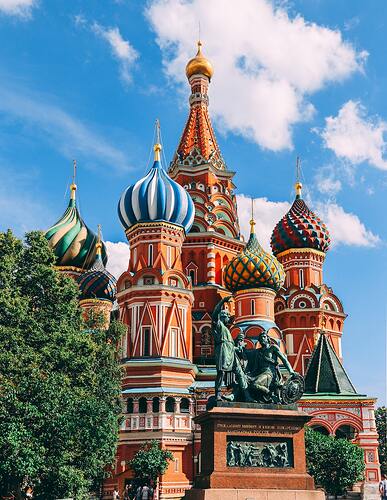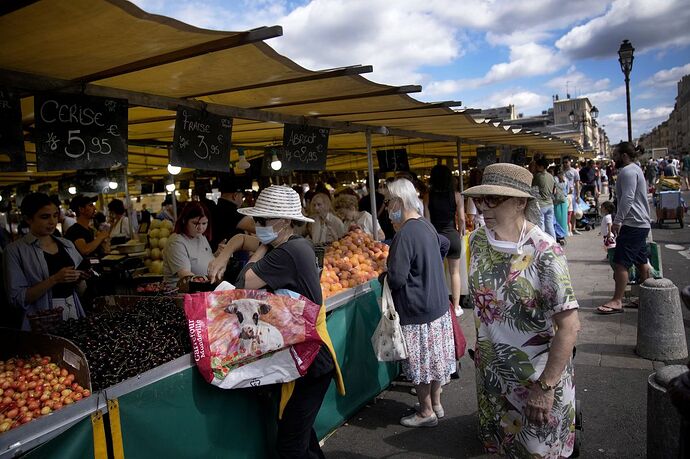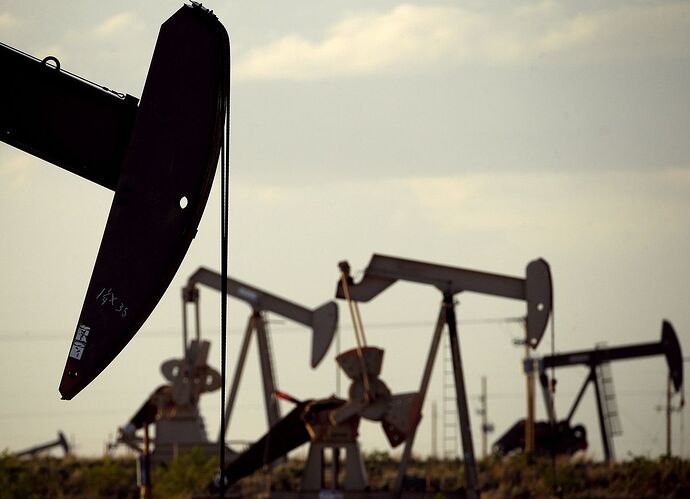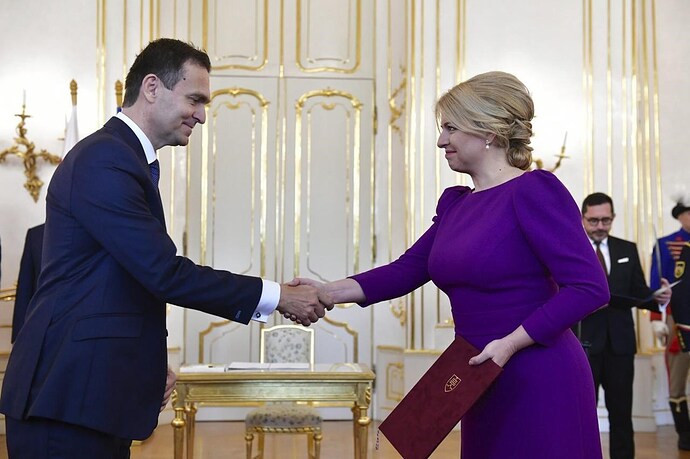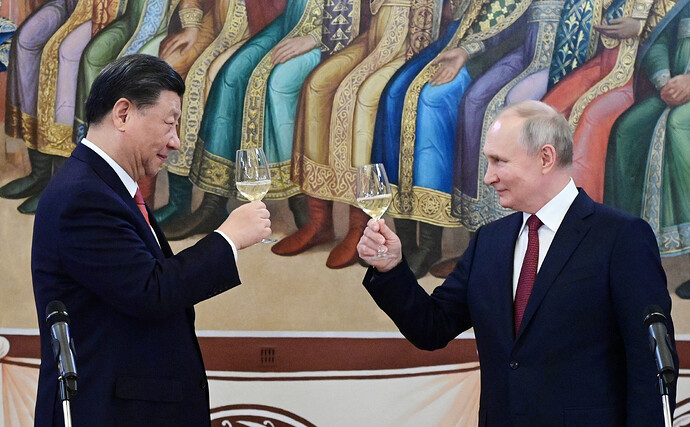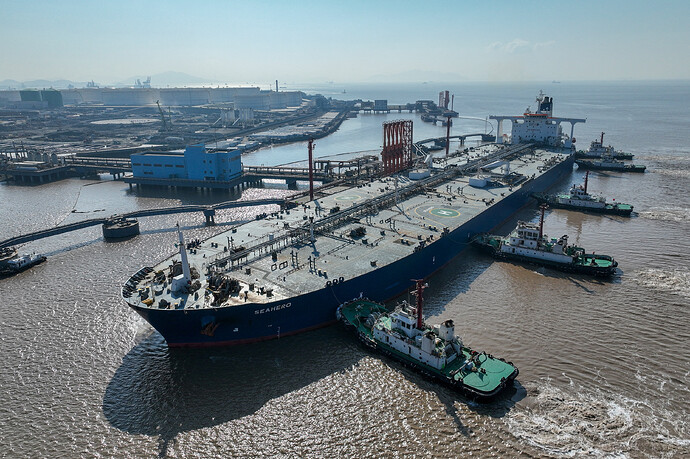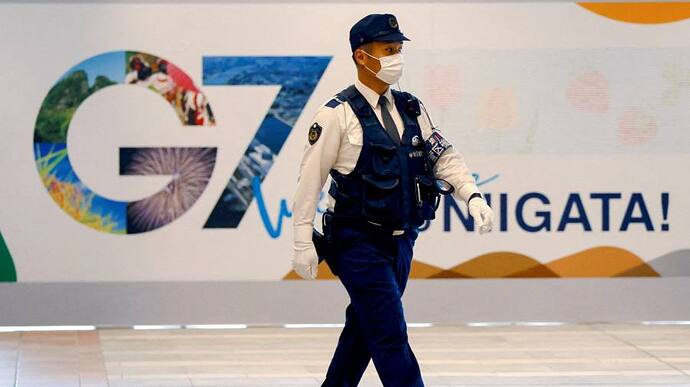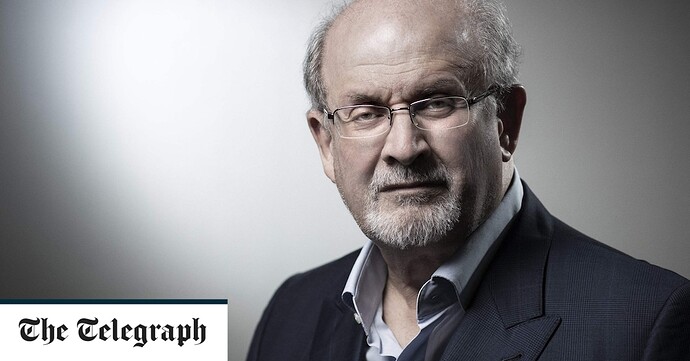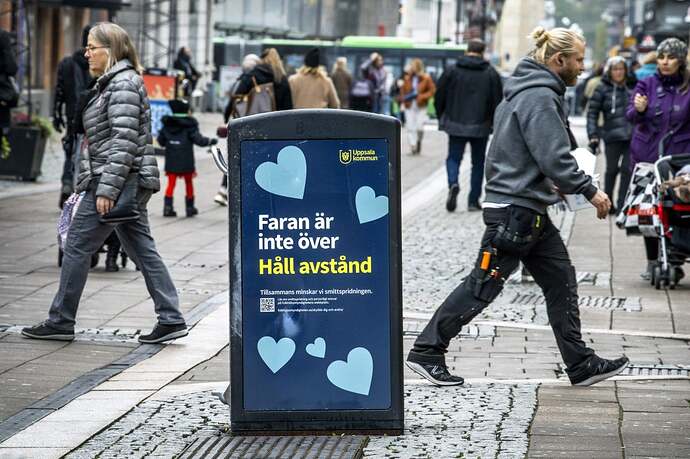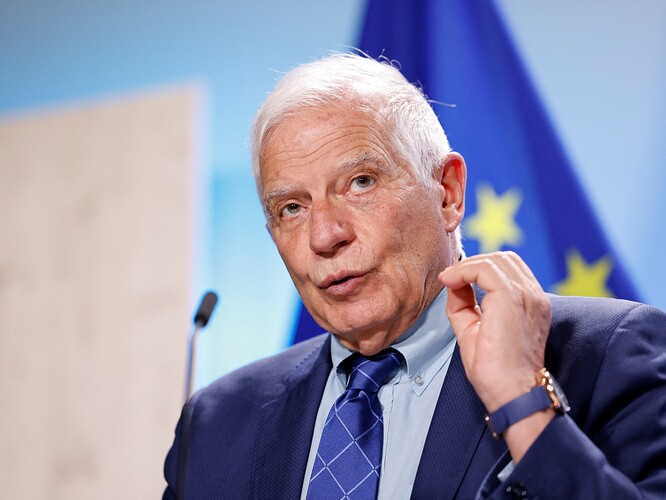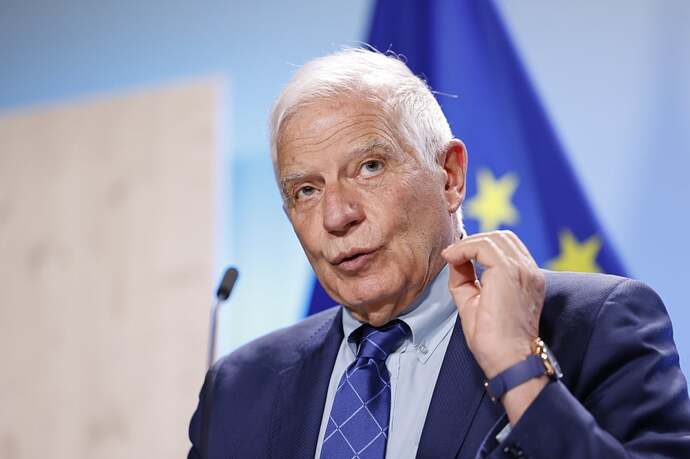Russia, officially known as the Russian Federation, is a transcontinental country located in northern Eurasia. It is the largest country in the world, covering more than one-eighth of the Earth’s inhabited land area. The country is characterized by its diverse landscape, including forests, mountains, and rivers. The population of Russia is approximately 146 million people, making it the ninth most populous country in the world.
The history of Russia dates back to the 9th century, when the East Slavs established the Kievan Rus’. This early state evolved into the Grand Duchy of Moscow, which became the Tsardom of Russia in the 16th century. In the 18th century, Russia became an empire under the rule of Peter the Great. The country played a major role in defeating Napoleon in the 19th century and emerged as a superpower following World War II. The collapse of the Soviet Union in 1991 led to the formation of the Russian Federation.
Russia is a federal semi-presidential republic. The President is the head of state and the Prime Minister is the head of government. The parliament consists of the State Duma (lower house) and the Federation Council (upper house). The country is divided into 85 federal subjects, with Moscow as its capital and largest city.
The Russian economy is characterized by its abundant natural resources, including oil, natural gas, coal, and timber. However, the country has faced economic challenges due to its overreliance on these resources and its declining population. The government has implemented various reforms to diversify the economy and promote foreign investment.
Russia is known for its rich cultural heritage, including literature, music, art, and architecture. Famous authors such as Leo Tolstoy and Fyodor Dostoevsky are widely read throughout the world. The country is also home to renowned classical composers, including Pyotr Ilyich Tchaikovsky and Sergei Rachmaninoff. Russian architecture ranges from traditional wooden structures to ornate Orthodox churches. The country has also made significant contributions to the fields of science and technology.
The Russian Orthodox Church is the predominant religion in the country, with Islam and Buddhism also being significant. Religious tolerance is enshrined in the constitution, and the state has no official religion. Despite this, tensions between religious groups have occasionally led to conflict.
Russia is also known for its rich sports culture. The country has hosted numerous international events, including the 2018 FIFA World Cup and the upcoming 2022 Winter Olympics. Russian athletes have excelled in sports such as ice hockey, figure skating, and gymnastics.
Russia’s relationship with the rest of the world has been complex. The country has been involved in various military conflicts throughout history, including World War I and World War II. In recent years, Russia has faced criticism for its involvement in the Syrian Civil War and its annexation of Crimea in 2014. The country has also been accused of interfering in the 2016 United States presidential election.
In conclusion, Russia is a large, diverse country with a rich history and culture. While it has faced challenges in its economy and relationships with other countries, it remains an important player on the global stage.
Disclaimer
6do Encyclopedia represents the inaugural AI-driven knowledge repository, and we cordially invite all community users to collaborate and contribute to the enhancement of its accuracy and completeness.
Should you identify any inaccuracies or discrepancies, we respectfully request that you promptly bring these to our attention. Furthermore, you are encouraged to engage in dialogue with the 6do AI chatbot for clarifications.
Please be advised that when utilizing the resources provided by 6do Encyclopedia, users must exercise due care and diligence with respect to the information contained therein. We expressly disclaim any and all legal liabilities arising from the use of such content.
